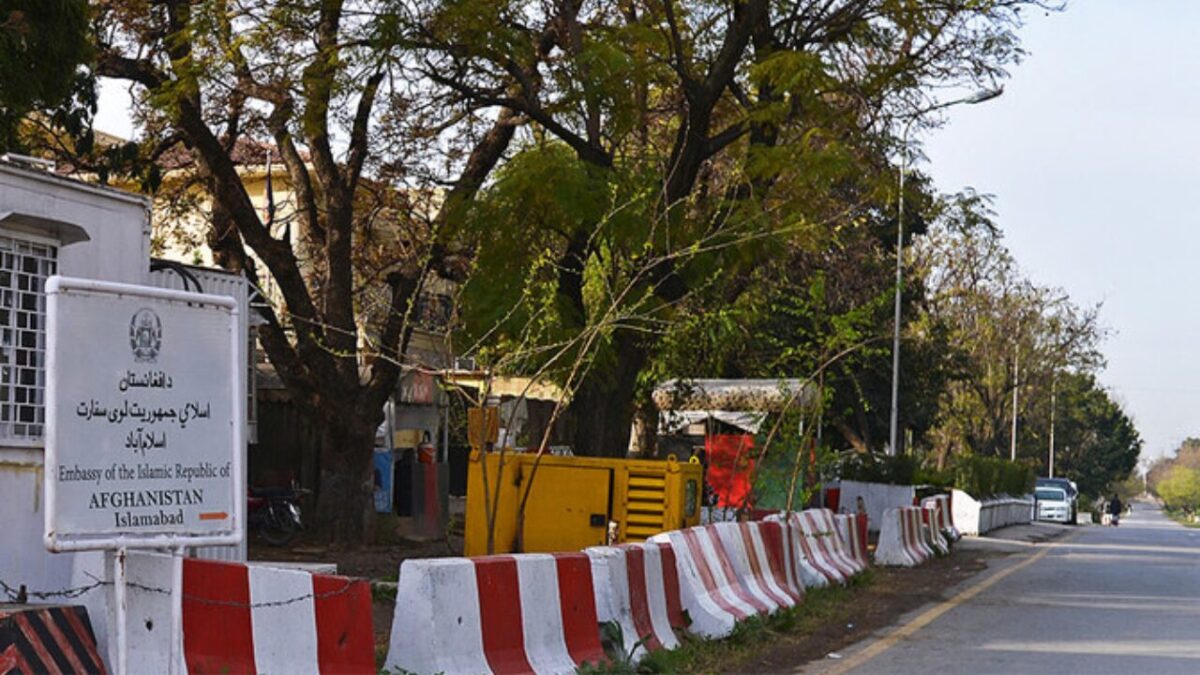The Afghan embassy in Islamabad, operated by the Taliban, announced it would be closed on Monday, November 25, citing the current unrest in Pakistan. In a statement, the embassy said it would not be providing services for the day but did not specify when operations would resume.
The closure comes as thousands of supporters of former Prime Minister Imran Khan’s Pakistan Tehreek-e-Insaf (PTI) party have staged widespread protests, demanding his release from prison.
Pakistani media reported that protesters gathered near the country’s parliamentary headquarters. In response, security forces and police on Sunday blocked main roads and highways leading to Islamabad using shipping containers.
Pakistani police labeled the protests “illegal” and stated that the road closures were intended to prevent PTI supporters from entering the capital.
Concerns over political instability
Residents of Islamabad have expressed growing concerns over the impact of political unrest on the country’s stability and economy.
The protests come amid heightened tensions following Khan’s arrest, exacerbating divisions between PTI and the ruling government.
The ongoing political crisis has added pressure to Pakistan’s fragile economy, already grappling with high inflation and a depreciating currency.
As the government attempts to suppress demonstrations, the escalating unrest poses significant challenges to Pakistan’s leadership in addressing public grievances and restoring political stability.





